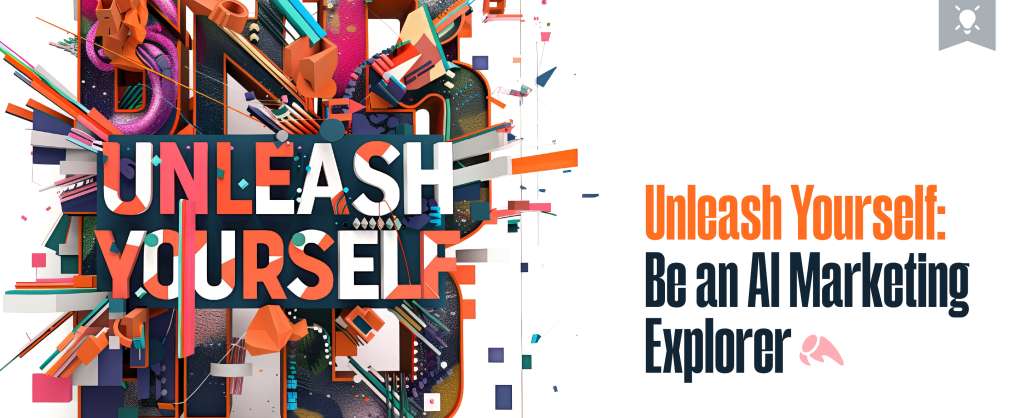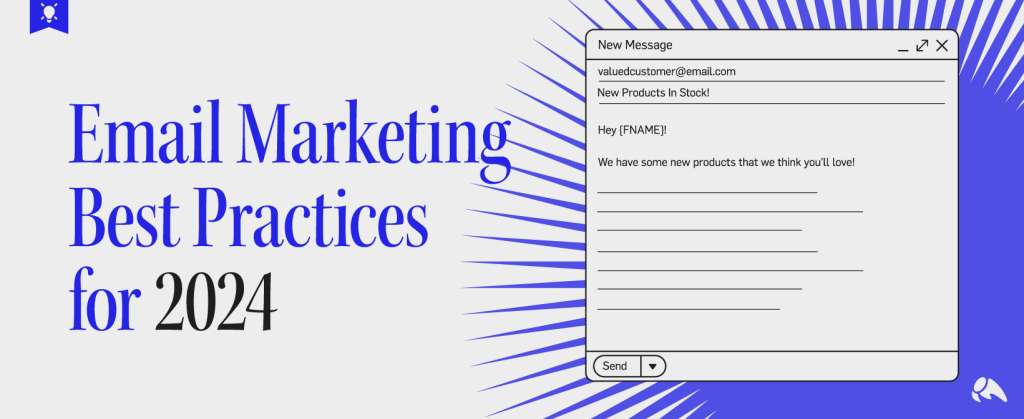
Not sure why to bother with voice search? Today’s session on voice search kicked off with the following presentation…
Purna Virji, Senior Bing Ads PPC Training Manager at Microsoft, starts by asking how many of us have broken bones in our lives. She got hit by a motorcycle in India recently, and broke both of her wrists. She could not hold a book, she could not hold a remote. Her best friends became Cortana, Siri and Alexa.
“I had a lot of time on my broken hands.”
…I already love her talk.
She asks us if we remember the days before the Internet. Not all of us were born yet, she knows. But, if we needed a plumber, we asked a neighbor or the phone book. Later, the first iteration of the old Internet was pretty much a copy of what was already in print.
Things have evolved. Search is changing. Search is pretty much everywhere – your phone, car, xbox… It’s becoming a part of our life.
It’s also becoming extremely predictive. Bing is making predictions. It’s using search, social and other relevant data to make intelligent predictions. Search knows us, and it tailors responses and recommendations for us. Machine learning and AI help to power that.
Cortana, Alexa, Siri – any of these personal assistants – what do they know about us? They know where we are, how we got here, when we plan to leave, what we like to do. They know us a lot better than our parents and spouses, and will continue to the more we talk to them (with our voice).
Quick stat: According to Android, 1/5 searches on mobile apps are voice searches – and share is growing.
We’re using voice search at home, on the go, and in the car… we just don’t use it at work (don’t want to be loud… shhh).
Why? We face typing challenges. Or our hands are dirty (we’re baking – wait, how many teaspoons in a tablespoon?). We need quick answers and we’re otherwise occupied.
Most of the time, we’re using voice search when we’re also doing something else.
comScore says by 2020, 50% of search will come from voice. 2017 Ford Vehicles are getting Apple CarPlay and Android Auto built in, so you can ask questions in (and to) your car. Cortana is paying off. Amazon has big plans for Alexa. Voice search is booming.
We’re adopting it because voice is easy. She asks us how many words we can type per minute (SO MANY THIS WEEK!). Well, you can speak many more.
It’s important to note that voice search isn’t monetized (yet), but products will show up in search results, if they are relevant – like if you look for where you could buy particular makeup products.
What’s really interesting is what the search inquiries are themselves:
- how to get rid of old furniture
- where to dispose of tv sets
- who buys used furniture in Rose Park
AnswerThePublic.com shows the queries that come in the form of questions. These are the queries being asked in voice search. Are you optimizing for these yet?
Purna says you also have to make sure your schema is completely up to mark. We don’t always execute schema as well as we could. The more you can tell search engines about your site, the better your site can be served. Think contact info. Reviews. Articles/content. Events. (All the things).
The search query is “digital camera”: Am I looking to buy one or sell one?
The room isn’t sure. We guess intent based on one or two word phrases. We have for years, now. Her favorite thing about voice is that longer queries and natural language show us intent so much better.
Now, we’re playing friend, marry, kill (or, someone just said murder) in the room. We’re a tourism company. Which would we do for each of the search queries below?
- Where can I find Bahamas vacation info?
- What’s the best Bahamas vacation package?
- Who lives in the Bahamas?
- When is the best time to travel to the Bahamas?
We can identify which searches are irrelevant to us, loosely relevant, and the ones we want to marry – the ones we want to devote ourselves to, optimize for.
Consider this search.
“I’m looking for steakhouses in Munich, Germany.”
SERPs are going to give the asker all the information they need – they might not visit any websites, period. In your search results, make sure your address is right. Make sure your phone number is in search results. Make sure reviews indicate you’re a good restaurant to visit.
76% of smartphone users have used a store locator or location extension to help them find a local store. It’s common behavior. Think about the action in mind first. What extensions could we have? Call now. Book now.
“I need blue strappy sandals with high heels in size 8.” These queries are getting good, relevant results! We would never have typed that much. We would have searched for sandals, then selected size 8, then gone to page 2 or 3 of product results looking for the kind that look like the ones we want.
Instead, we’re describing exactly what we want via voice search, and relevant results are showing up.
So… how do we get started? Three tips:
- Analyze the Search Terms Report to check for questions, long tail phrases
- Re-visit your Match Type Strategy, consider Broad with Negatives
- Start to think about Ad Copy and Landing Page strategy in response to Voice Search (if people are asking this long tail query, do we have associated content?)
Early adopters have the advantage right now. There’s no fire to do this right now – so take advantage of it. Start prepping now.







